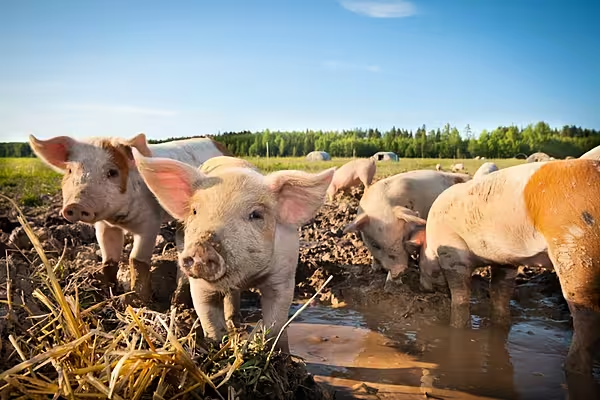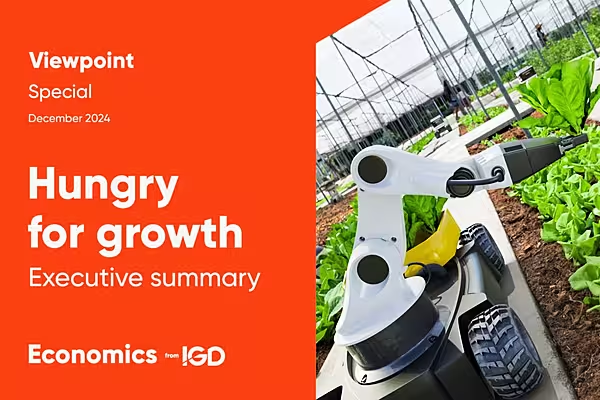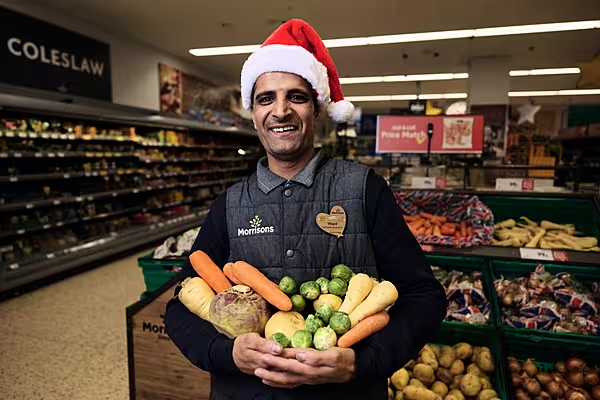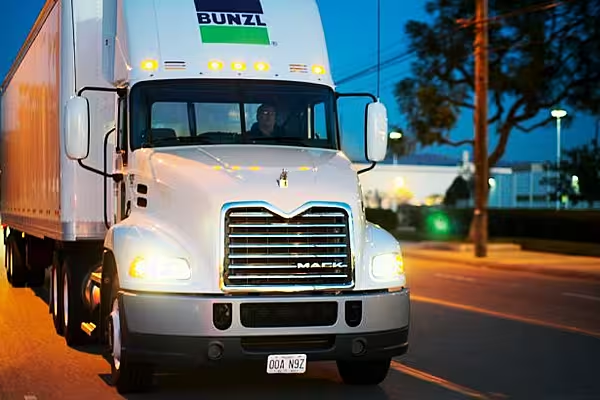Britain's pig industry has said that it faces collapse after an exodus of east European workers led to a shortage of butchers and a backlog in slaughtering more than 170,000 pigs.
National Pig Association (NPA) chairman Rob Mutimer and National Farmers Union (NFU) president Minette Batters said emergency visa measures designed to soften the impact of Brexit and COVID-19 were not working.
"The situation is utterly dire on pig farms, both in terms of the backlog, and financially," the groups said in a joint letter to Britain's environment minister George Eustice.
Emergency Visas
In October, the government offered six-month emergency visas to 800 foreign butchers but the NPA said it was aware of only 105 that have arrived, or are due, using the seasonal scheme.
The trade bodies warned that farms were losing money on each pig and at least 30,000 sows had been lost over the last six months, equating to around 10% of the English herd.
"We are already seeing a significant drop in breeding herd numbers, and we fear that if nothing changes, we could see a mass exodus from this industry over the next 12 months. Once we lose that production base, we won't get it back."
The trade bodies said tens of thousands of healthy pigs were being culled on farms by producers who have run out of space on their farms and called on the government to convene an emergency summit with the supply chain to find solutions.
In the first week of 2022, some farmers reported that as few as 50% of contracted pigs were taken by processors, they said.
Backlog
Costs associated with the backlog, record pig feed costs and falling prices meant farmers have been losing about £25 ($34) per pig for nearly a year, they added.
They also called on the government to encourage retailers to run marketing campaigns to increase British pork sales, thereby encouraging processors to clear the backlog.
A government spokesperson said it expected progress on reducing the backlog of pigs on farms in the coming months.
Read More: German Farmers Give Up Pig Keeping As Prices And Demand Low
News by Reuters, edited by ESM. For more Supply Chain news, click here. Click subscribe to sign up to ESM: European Supermarket Magazine.














